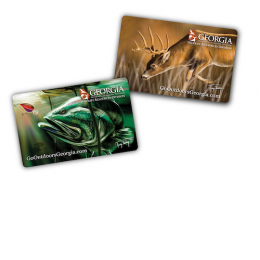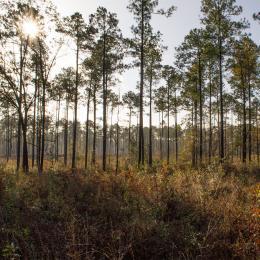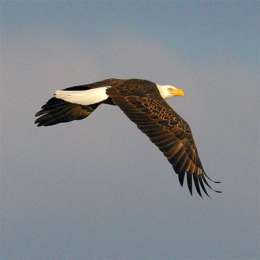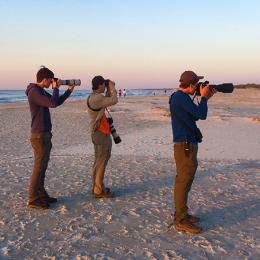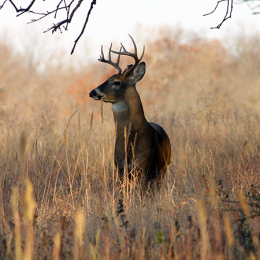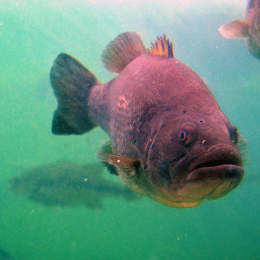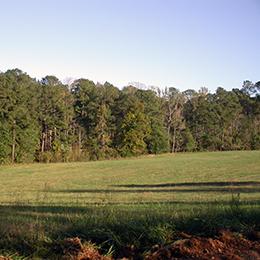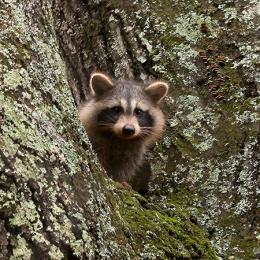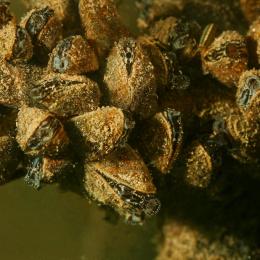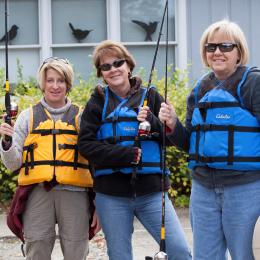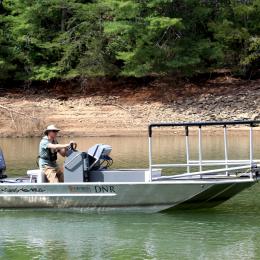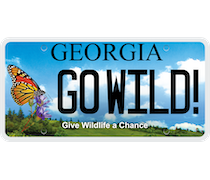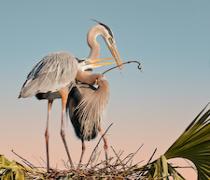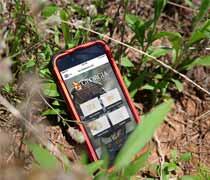Pen-reared Birds
GA law (Section 27-2-14) permits the release of pen-reared quail on private land for the purposes of training pointing, flushing and retrieving dogs. The only requirement is the possession of documentation showing proof of purchase for the birds being released. There is no closed season for training dogs on private land. Where quail are being released for the purpose of hunting, depending on the circumstances, a private or commercial shooting preserve license is required (Section 27-3-110). Hunting pen-reared birds is only allowed between October 1 and March 31 (Section 27-3-112). Commercial preserve license applications can be found at https://georgiawildlife.com/licenses-permits-passes/commercial.
In areas where wild quail management is an objective, caution should be used when releasing pen-reared quail, as this practice may increase mortality risk to wild birds through the introduction of disease and/or increased predation. Several scientific studies have shown pen-reared quail to be ineffective for re-establishing wild quail populations: https://nri.tamu.edu/blog/2018/july/why-dont-pen-raised-quail-survive-in-the-wild/.
For landowners that want to harvest large numbers of quail or are in landscapes that do not support wild birds, annual release of pen-reared birds may be your best option. If you are interested in restoring wild birds to your property, check out https://georgiawildlife.com/bobwhite-quail for more information.
Translocation of Wild Quail
Transport and trapping of wild Bobwhite quail in Georgia without a permit is illegal. Georgia Department of Natural Resources (DNR), Wildlife Resources Division (WRD) developed a policy for the legal translocation of wild Northern Bobwhite Quail (Colinus virginianus virginianus) from private lands with high-density populations (> 1 NBW per 2 acres) to lands with newly developed high quality habitat and ongoing management, but which have low-density populations (< 1 NBW per 5 acres) to expedite Bobwhite population recovery.
Habitat loss coupled with increased fragmentation of remaining habitat has resulted in low-density quail populations and even population extirpation in some landscapes. In certain landscapes, Bobwhite densities have declined to the point that population recovery, even after the habitat is fully restored, can take many years. This extended recovery time can serve as a disincentive for landowners to develop large tracts of high quality Bobwhite habitat. Bobwhite population recovery may be expedited by translocation of Bobwhite into habitat blocks of sufficient quality and size.
Applications must be submitted using a WRD Northern Bobwhite Translocation Application form. Translocation will be conducted by a WRD approved Wildlife Biologist (NBW Agent), who will oversee the capture and movement of Bobwhite quail from Donor to Recipient properties. NBW Agent status will be restricted to professional wildlife biologists working in affiliation with Universities or non-profit research foundations. Permits will be issued solely at the discretion of WRD and may be revoked at any time. Permits will be valid only for the time frame indicated on the permit. Individuals and corporations are eligible to apply. The applicant(s) must own and control all land included in the translocation proposal. Recipient properties must be located within Georgia and comprised of at least 1,500 contiguous acres of habitat deemed to be good to excellent for Bobwhite Quail as determined by a WRD Wildlife Biologist. Additionally, a detailed long-term Bobwhite habitat management plan must be submitted as part of the application. The plan must include detailed maps and management prescriptions for all land cover types for a period of at least 5 years from the date of submission. Recipient properties can have more than one owner if properties are contiguous, covered by one management plan and all owners agree to the terms and conditions set forth. Bobwhite quail hunting and/or release of pen-reared quail or other game birds shall be prohibited on Recipient properties during the Bobwhite restoration period, as specified on the permit.
 An official website of the State of Georgia.
An official website of the State of Georgia.


